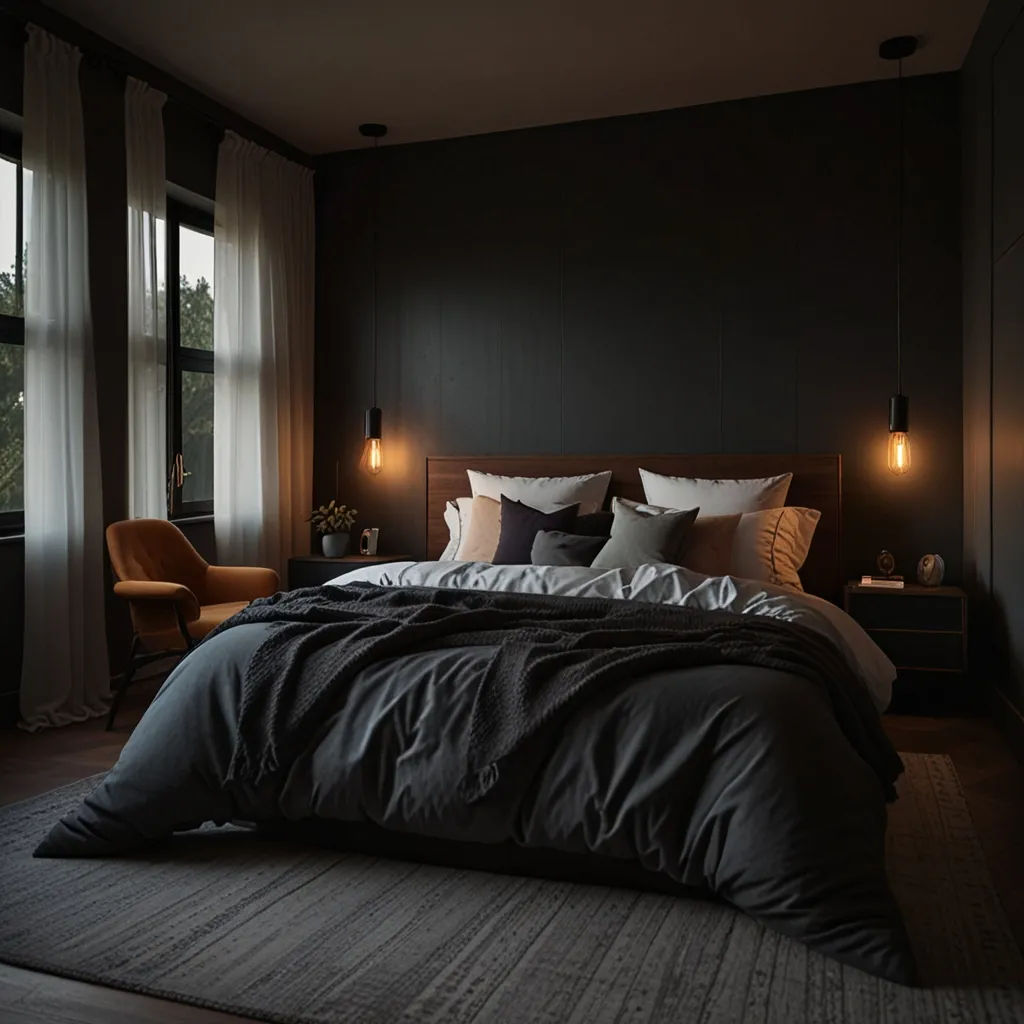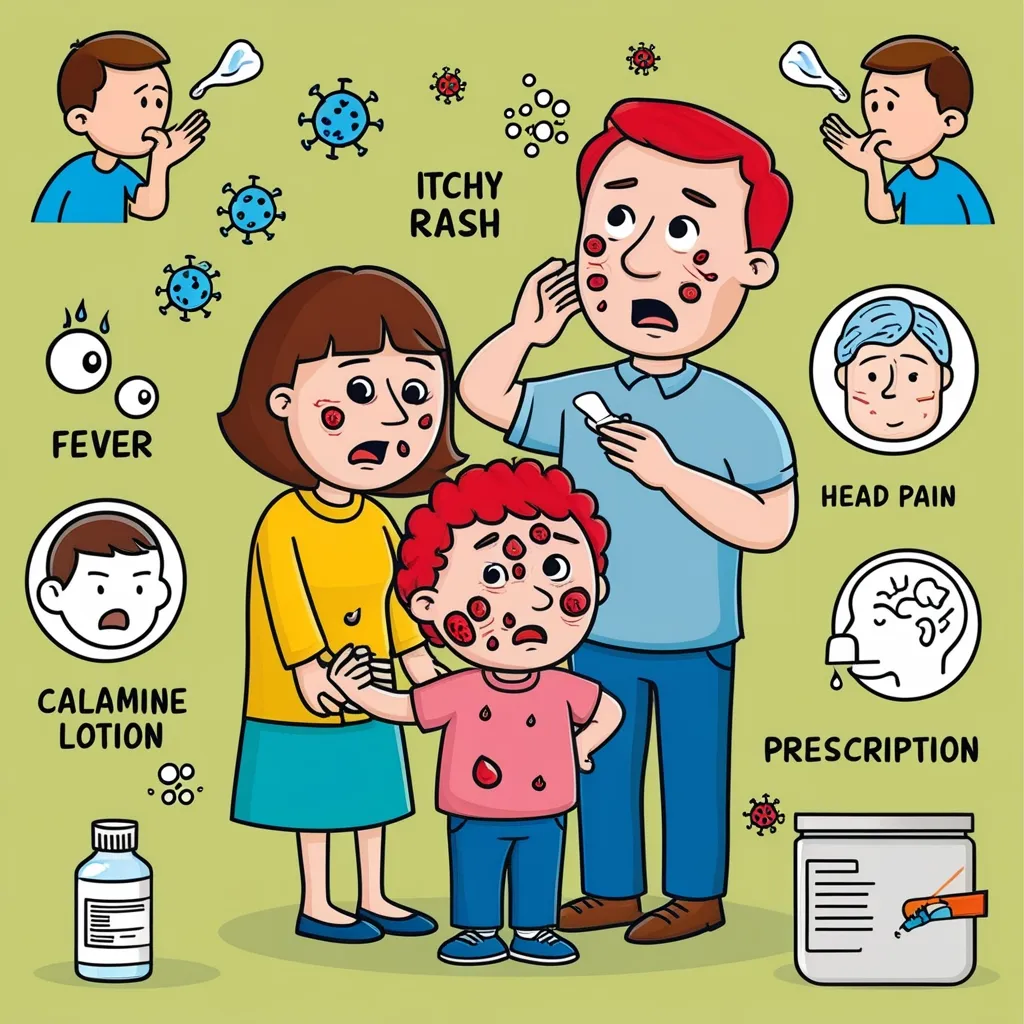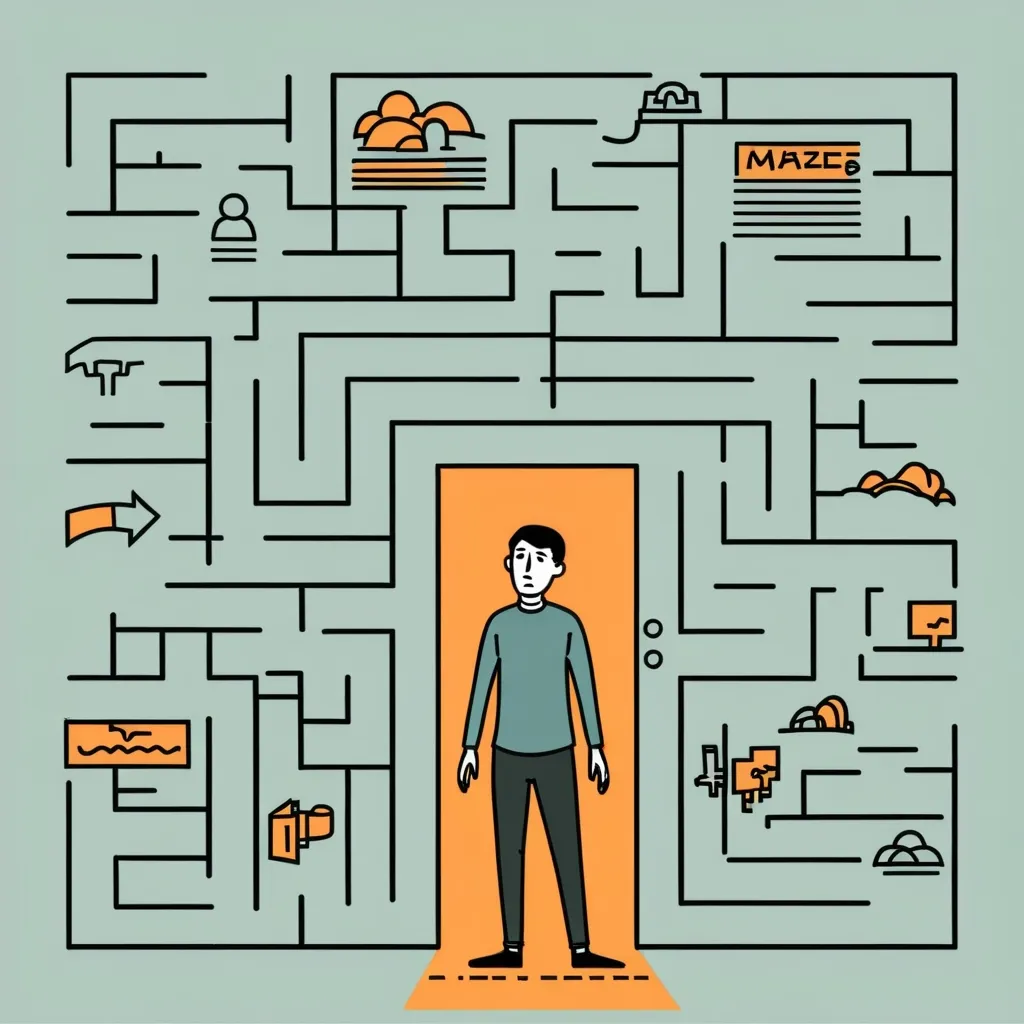Sleep is as crucial as that avocado toast or your morning jog. Yet, many of us find ourselves tossing and turning, despite all the hustle to lead a healthy life. Modern stressors, the chaos of irregular work timetables, and the added uncertainty from a pandemic can take a serious toll on our sleep patterns. But hey, before you grab that sleeping pill, consider these super simple ways to naturally up your sleep game.
Let’s start by geeking out a little on why sleep matters so much. Sleep isn’t just your brain taking a timeout. Picture it as a secret workshop where your body and mind are pulling off some pretty neat tricks. Your brain is processing all the info bombarded at you during the day, consolidating memories (so you don’t forget where you left your keys again), and even booting out toxins. Some studies say it’s during sleep that your brain flushes out nasty proteins linked to Alzheimer’s. So, catching those Z’s is like signing up for a detox retreat for your brain. How cool is that?
Now, if you’re waking up each morning feeling like a grumpy panda, a consistent sleep schedule might be your golden ticket. Imagine teaching a class to a room full of toddlers—you need a routine. Similarly, your body craves a fixed rhythm. Go to bed and wake up at the same time, even on weekends. Trust, your circadian rhythm will thank you. Before you know it, slipping into sweet slumber becomes a breeze.
Creating a sleep-conducive environment is like setting up the perfect date night, but with your bed. Keep your room cool, dark, and quiet. Invest in blackout curtains, white noise machines, or earplugs if needed. The idea is to make your bedroom the ultimate chill spot that’s solely for sleep and, well, you know. No scrolling through Instagram or binging on Netflix in bed. Your brain needs a solid cue that the bed equals sleep, not catching up on The Crown.
Stress and sleep are like oil and water—they just don’t mix. Chill out before bedtime with some relaxation techniques. Whether it’s deep breathing, light yoga, or binge-watching cute puppy videos, find what soothes your mind. Put your worries in a journal if you must. It’s astonishing how penning down what’s bugging you can clear mental clutter.
Here’s a plot twist: those glowing screens are your sleep’s arch-nemesis. Devices like smartphones and tablets spew out blue light that messes with your melatonin mojo. Try to go tech-free at least an hour before bed. If that’s a hard sell, then get blue light blocking glasses or apps that dim screens. Your future well-rested self will give you a standing ovation for that one.
A bit of food for thought—quite literally. Your diet plays a starring role in how well you sleep. Heavy meals right before hitting the hay can give you indigestion nightmares. And let’s not even talk about the caffeine or alcohol—they’re like the villains in this sleep saga. Switch to a balanced diet loaded with fruits, veggies, and whole grains. Your sleep cycle will soon be as smooth as a rom-com plot.
Getting your sweat on during the day can also up your sleep game. Exercise is like a magic wand for good sleep, but save the intense workouts for the morning or afternoon. Late-night HIIT sessions aren’t doing you any favors. A serene evening stroll is a great way to wind down and align your circadian rhythm, kind of like setting a gentle, natural alarm clock.
When it comes to light, it’s all about timing. Morning light is your BFF for syncing your sleep-wake cycle. Even a few minutes of natural light can make a big difference. So, get out there for a brief walk or simply hang out by a sunny window. It’s like giving your body a nudge saying, “Hey, it’s time to wake up and own the day!”
Ah, naps. They can be a double-edged sword. While a short siesta can recharge your batteries, long naps can mess with your nighttime sleep. Keep it under 30 minutes if you need that afternoon shut-eye. Enough to refresh, but not long enough to wake up groggy or steal hours from your night sleep.
Sometimes, there are deeper sleep issues at play like insomnia or sleep apnea. But don’t fret; there are treatments. Cognitive behavioral therapy (CBT) is often super effective for insomnia. And if sleep apnea is the baddie in your bedtime story, devices like CPAP can be real game-changers, ensuring you breathe easy through the night.
In a world that’s all about never-ending to-do lists and fast-paced living, it’s easy to shuffle sleep down the priority ladder. But sleep isn’t just another item to tick off; it’s a non-negotiable anchor for your health and well-being. By giving it the attention it deserves—maintaining a steady schedule, creating a dream-worthy environment, managing stress, and all the other nuggets of wisdom up there—you can tune into the sweet melody of good sleep.
Improving sleep naturally is like cracking a mysterious, but oh-so-rewarding puzzle. Understanding its profound importance, setting a regular bedtime, building the right ambiance, tackling stress, cutting down on tech time, nourishing your body, staying active, soaking up morning light, managing naps, and treating disorders—each piece brings you closer to better rest. The real win? Waking up refreshed, ready to conquer the world one dream at a time.






